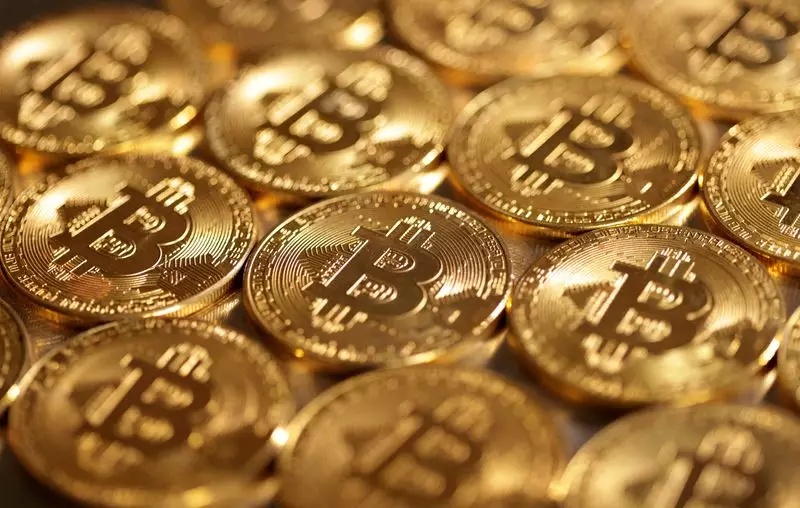In recent times, Bitcoin has captured the attention of both fervent supporters and staunch critics, igniting discussions about its potential trajectory. A recent post from a notable X user boldly suggested that Bitcoin’s value is bound to increase indefinitely, accompanying their declaration with a dramatic chart predicting exponential growth. This assertion was met with enthusiasm from the cryptocurrency community, who rallied around the idea that Bitcoin is primed for a bright future.
This optimistic sentiment, however, was met with contrasting views, specifically from Peter Schiff, an outspoken critic of cryptocurrencies in general and Bitcoin in particular. Schiff quickly seized the opportunity to voice his skepticism, suggesting that posts predicting Bitcoin’s perpetual rise are further justification for divesting from the asset. Such bold claims have, as expected, led to a heated exchange among users, embodying the long-standing debate surrounding Bitcoin and traditional assets like gold.
In the exchange, the original poster effectively countered Schiff by referring to a tweet he made back in 2018, wherein he expressed concern over Bitcoin’s price at $3,800, suggesting it could potentially plunge even further. The irony of Schiff’s prescient-sounding warnings has not escaped the notice of Bitcoin advocates; as time has proven, Bitcoin has surged well beyond that mark. This recollection not only calls into question the accuracy of Schiff’s market predictions but also raises prior skepticism regarding his motivations.
Critics argue that Schiff’s ongoing denunciation of Bitcoin might not stem solely from rigorous analysis or a genuine concern for investors but could possibly be intended to enhance his visibility within a fiercely competitive media landscape. His pronouncement that he might have invested in Bitcoin had he known its eventual price growth at least hints at a conflicting stance that merits further examination.
The crux of Schiff’s argument revolves around the belief that gold remains a superior store of value compared to cryptocurrencies. Nevertheless, this assertion does not dismiss the fact that many individuals who dismissed Schiff’s cautionary advice in 2018 have reaped substantial rewards from their Bitcoin investments. The stark dichotomy between Schiff’s viewpoint and the reality of Bitcoin’s price trajectory raises compelling questions about the validity of long-standing market narratives.
As supporters and detractors continue to clash on platforms like X, it’s evident that the critiques from figures like Schiff serve as a double-edged sword. While his commentary fosters engagement and interest in the cryptocurrency debate, it also amplifies the skepticism surrounding traditional assets in the face of modern financial innovations.
Ultimately, the discussion surrounding Bitcoin is emblematic of a larger clash between innovation and tradition in the financial realm. While experts and commentators continue to weigh in, the reality remains that the cryptocurrency market is dynamic and unpredictable. Recognizing the potential of Bitcoin, regardless of public criticism, is crucial for investors aiming to navigate this complex landscape. Whether regarded as a bubble or a beacon of financial transformation, Bitcoin’s presence in modern discourse is undeniable, and how individuals interpret its potential will undoubtedly shape their investment strategies moving forward.

